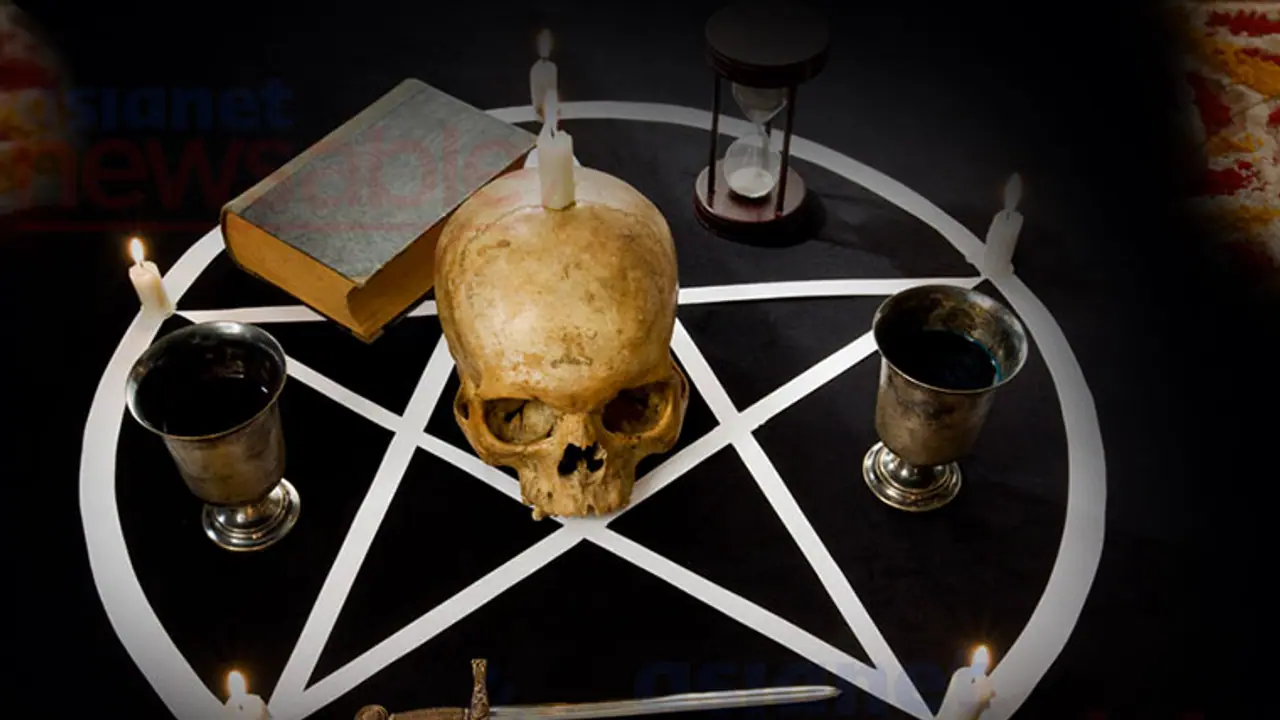The State government is preparing to bring in anti-superstition bill The bill proposes death sentence for human sacrifice However, superstitious beliefs like 'Made Made Snana' still thrive
The state-government is all out on finalising a law on the anti-superstition in Karnataka in this session, after keeping it on hold for almost two years.

The draft - The Karnataka Prevention of Superstitions Practices Bill, 2013 - will be tabled in this monsoon session. The bill has classified 13 superstitious rituals as evil practices and also proposes death sentence for human sacrifice in the name of black magic. The bill also aims to penalise broadcast, propagation or even promotion in any manner of superstitious practices. Not to mention financial or sexual exploitation practices too. The Bill - if passed - will pave way for the Karnataka Anti-Superstition Authority. The bill has been prepared by the National Law School of India University referring to a similar bill enacted by Maharashtra.
The bill has excluded astrology, numerology and vaastu from its purview. While the leaders debate over the thin line between the beliefs and blind beliefs, here are some of the notorious blind beliefs that once brought infame to the state.
Devadasi practice
Devadasi which translates as servant of God was mostly prevalent in Belagavi, Bijapur and other northern parts of the state apart from Maharastra and Andhra Pradesh. After girls attain their puberty, they are "given" in dedication to god to appease gods. But these days, it has become nothing but a prostitution. The famous Yallamma Devi Fair also known as the Saundatti festival near sees many girls being "dedicated" to the god. Although, there is a ban on it, the rituals are said to be carried out under cover.
Bettale seve or nude worship
Bettale Seve or nude worship is infamously offered to goddess Renukamba during the goddess' annual fair at Chandragutti village near Soraba in Shivamogga district. The festival which usually happens in March would see women mostly from dalit community offering nude service to fulfil their vow. Devotees would take bath in Varada river near the temple and take part in nude worship. However, the government has now prohibited this practice by placing a ban on the annual fair itself.
Bhanamati
A form of black magic where people would see stones falling from their houses. A few years ago, people in many north districts were gripped with fear of Bhanamati with reports almost everyday appearing in the media. People thought that the presence of bhanamati would mean misery and sickness. The fear was so much that it forced the government to appoint psychological counsellors to bhanamati-affected villages.
Tossing of babies from top
Babies as old as a year or two were tossed from at least a height of 30 ft to ensure good health and luck to them. The practice was prevalent at Sri Santeshwar temple near Indi in Vijayapura district. People and even the temple authorities believed that the ritual existed over hundred years ago and the kids are tossed for their health and long life. After it was telecast by news channels, the state government took serious note of it and prohibited it.
Made made snana
This controversial ritual is practiced in Sri Kukke Subramanya temple in Subrahmanya in Dakshina Kannada. Under the ritual, people from Scheduled Tribe and other lower castes roll over the left over food by brahmins in the belief that it cures their skin diseases. After it was severely criticised by writers and intellectuals and it made headlines, the state government banned the practice in 2010. But the Malekudiyas tribe - who strongly believe in the ritual - still continue the ritual backed by the temple authorities.
